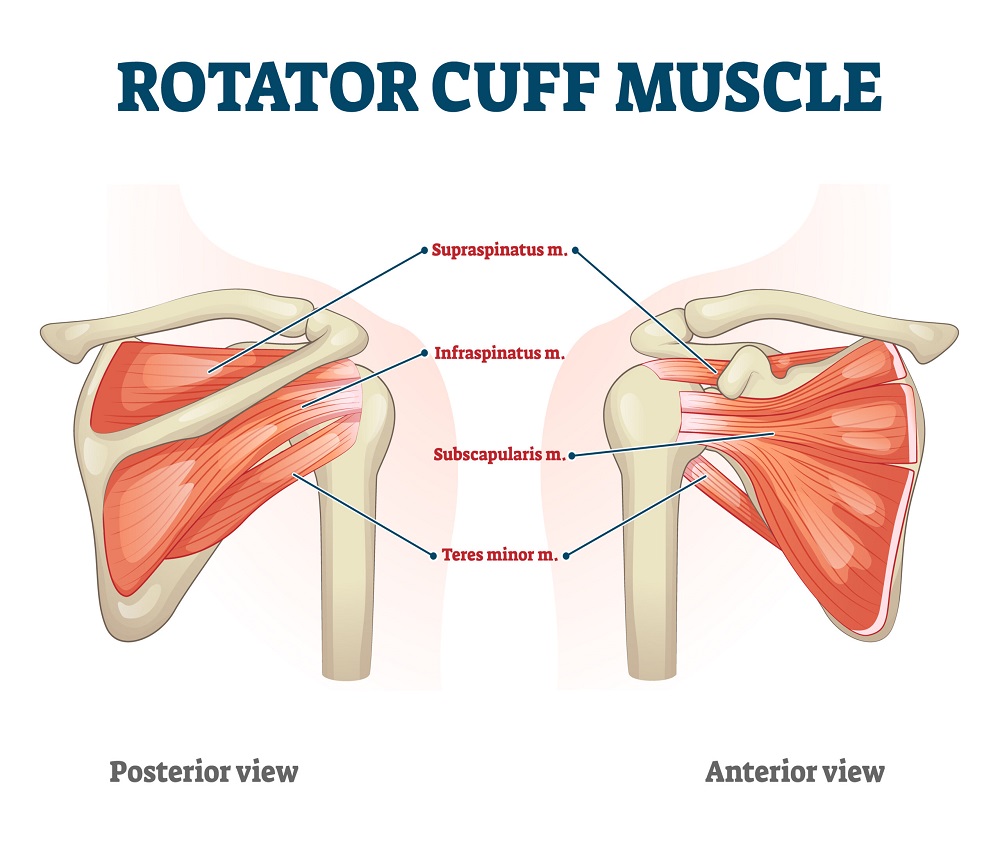
-
Posted By Dr.VishalMandlewala
-
-
Comments 0
Introduction:
For those grappling with rotator cuff pain, a good night’s sleep can feel like an elusive dream. The discomfort and limited mobility in the shoulder can make finding a comfortable sleeping position seem like a very big challenge. But fear not! In this blog post, we’ll explore practical tips and strategies to help you overcome the hurdles of sleeping with rotator cuff pain and enjoy a restful night’s sleep.
Pillow Placement:
The right pillow can make all the difference when it comes to easing shoulder pain while sleeping. Experiment with different pillow configurations to find what works best for you. For side sleepers, consider placing a pillow between your arms to support your shoulder and prevent it from rolling forward. Back sleepers may benefit from using a small pillow or rolled towel to provide gentle support under the affected shoulder.
Opt for the Right Mattress:
Your choice of mattress can significantly impact your comfort level while sleeping with rotator cuff pain. Look for a mattress that offers adequate support while contouring to the natural curves of your body. Memory foam mattresses or those with pressure-relieving features can help alleviate pressure points and provide relief for sore shoulders. Additionally, adjustable beds allow you to customize your sleeping position to find the optimal angle for shoulder support.
Modify Sleeping Positions:
While it may be tempting to sleep in your preferred position, certain sleeping positions can exacerbate rotator cuff pain. If you’re a side sleeper, try sleeping on the unaffected side with a pillow tucked under your armpit for support. Alternatively, sleeping on your back with a pillow under your knees can help align your spine and alleviate pressure on your shoulders. Avoid sleeping on the side of the affected shoulder or in a fetal position, as this can cause compression and discomfort.
Warm-Up Before Bed:
Ease tension and promote relaxation in your shoulders by incorporating gentle stretching or warm-up exercises before bedtime. Perform gentle shoulder rolls, arm circles, and stretches to increase blood flow and loosen tight muscles.
Seek Professional Guidance:
If rotator cuff pain persists despite your efforts to improve sleep quality, consider seeking guidance from Dr. Vishal Mnadlewala at Renison Knee and Shoulder Clinic. A Specialized shoulder doctor like Dr. Vishal Mandlewala can provide personalized recommendations and interventions to address your specific needs. They may recommend targeted exercises, manual therapy techniques, or other interventions to alleviate pain and improve shoulder mobility.
Conclusion:
Sleeping with rotator cuff pain doesn’t have to be a nightly struggle. By implementing these tips and strategies, you can create a conducive environment for restorative sleep and wake up feeling refreshed and rejuvenated. Experiment with pillow placement, mattress selection, and sleeping positions to find what works best for you. Remember, prioritizing shoulder comfort during sleep is essential for promoting healing and overall well-being.













